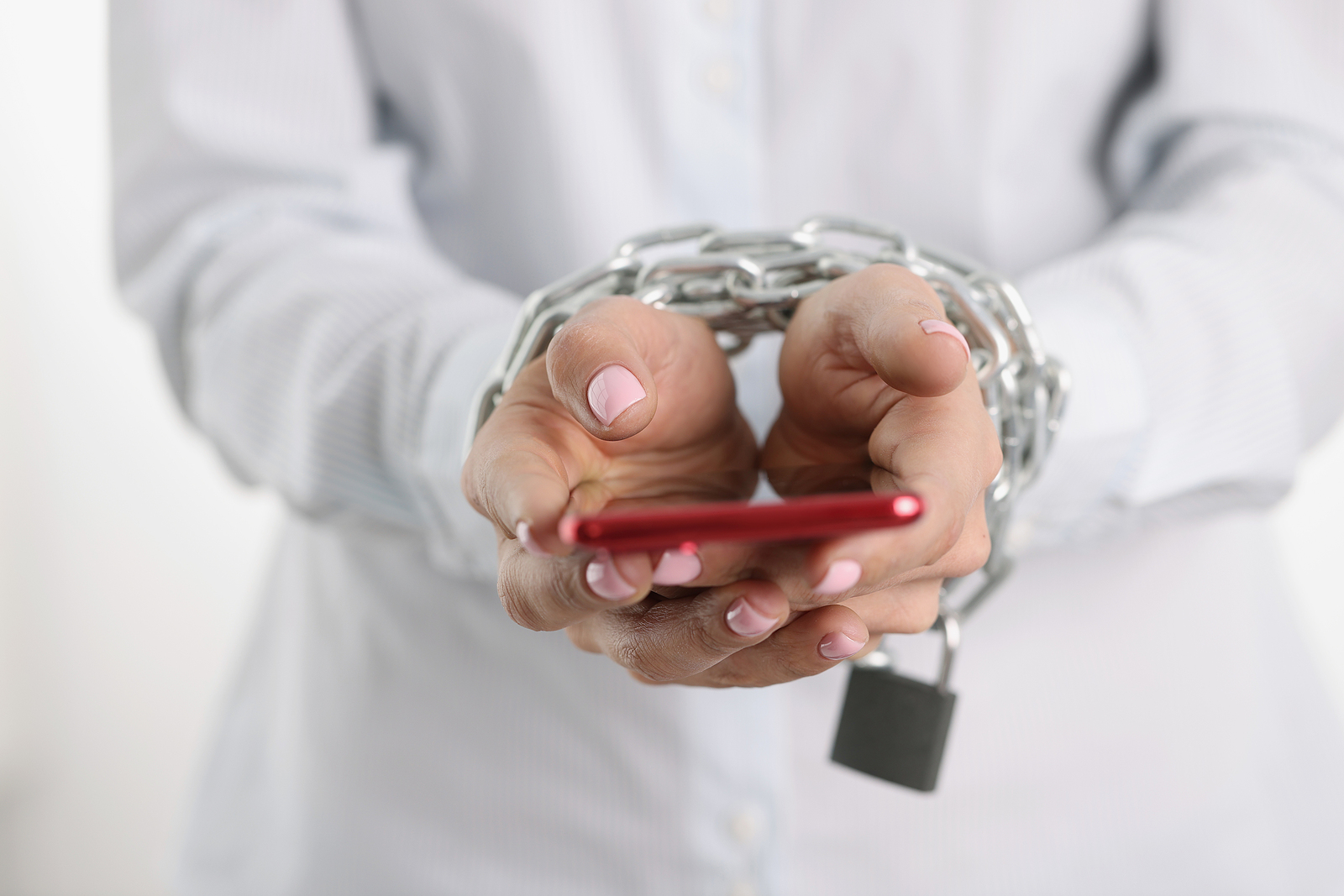
Screen time has become a part of daily life for many of us, especially in the aftermath of the pandemic, when there’s a virtual option for everything, from doctor’s appointments to college classes. While some screen time may be unavoidable or even helpful, the truth is that some people may be engaging in a harmful amount of screen time, especially those in the teenage population.
For adolescents and teens, being connected to devices like phones and iPads around the clock can actually rise to the level of addiction. Research has suggested that teens who play an excessive amount of Internet video games become dependent upon the rewarding effects of these games, making screen addiction comparable to drug addiction. Learn about the extent of the screen time problem, as well as solutions, here.
Can Teenagers Really Become Addicted to Screen Time?
You’ve probably heard at least one parent complain that their teen is addicted to their Smartphone, and while this may seem like an exaggeration, screen addiction is actually a relevant concern. A study in the medical journal PLOS ONE found that adolescents with Internet addictions, which can arguably develop from excessive Smartphone use, show reduced volume in areas of the brain associated with impulse control and behavior regulation, much like individuals with drug addictions do.
The authors of the study above concluded that brain abnormalities that come along with Internet addiction could lead to behavioral problems. The link between Internet addiction and brain abnormalities suggests that just like drug addiction, screen time can cause lasting changes in the brain. Some experts have even argued that screen addiction affects the brain in the same way as cocaine or opioid addiction. Given the addictive nature of cell phones and Internet usage, experts have also begun to acknowledge the existence of behavioral addictions, including Internet addiction.
Just like drugs, certain behaviors, such as scrolling through a social media platform on a phone or tablet, flood the brain with feel-good chemicals. In people who are vulnerable to addiction, the rush of pleasure that comes with behaviors like Internet use is especially intense, leading them to use the Internet excessively. Over time, an addiction can develop, and along with it, come serious consequences, such as sleep problems, arguments with friends and family, and inability to function at work or school. Once screen addiction takes hold, a person may be unable to control their use of social media and other Internet functions, even if it begins to interfere with daily life, because they are so hooked on their devices.
How to Identify Screen Addictions
So, is your teen addicted to their smartphone or tablet? Here are some signs to watch for:
- They become anxious or agitated when separated from their phone or from an Internet connection.
- They spend excessive amounts of time on the Internet (ie: they’re spending so much time on social media that they aren’t doing their schoolwork).
- They’ve given up other activities, like hobbies, sports, or time with friends, because they’re on their screens.
- They continue to use their devices obsessively, despite repeated pleas from friends or loved ones to reduce their use.
- It seems as if they simply cannot control their use of devices, even when faced with consequences.
- They’re experiencing mental health problems like depression.
Prevention of Internet and Screen Addiction
If you’re a parent, and you’re worried about the effects of excessive screen time, the good news is that there are things you can do to reduce the risks to your teen. A recent study found that higher levels of Internet use and less time spent conversing with mothers were linked to problematic Smartphone use among teens. What this suggests is that limiting teens’ time on devices and taking time to talk with them can reduce the risk of screen addiction.
If screen time is becoming a problem, you might consider limiting your teen to one hour in the evening, after homework and chores are done. You can also set consistent rules, such as no phones at the dinner table, and turn off the phone at a certain time of night. You can begin by establishing a rule, such as no screens between 9:30 pm and 6:30 am, and give your teen a chance to demonstrate responsibility and abide by the rule. If they do not comply, you can use parental monitoring features to disable their phones at certain times of day. You may also consider turning off the Internet at night.
Treatment for Screen Time Addiction
Sometimes, despite our best efforts, teens still develop problems with excessive screen time and Smartphone usage. In this case, professional treatment may be warranted. Behavioral addictions like Internet addiction are treated similarly to drug addictions, with talk therapy treatments like cognitive behavioral therapy demonstrating effectiveness. In general, research has shown that psychological interventions are effective in reducing the severity of Internet and Smartphone addiction. Some teens may benefit from taking medication alongside attending counseling to help treat co-occurring problems like anxiety or depression.
Each person’s treatment needs will depend upon their unique situation, and whether they have co-occurring mental health conditions, but a treatment center can formulate an individualized treatment plan that meets a patient’s specific needs. In counseling sessions, teens with screen time addictions can learn healthy coping mechanisms and explore some of the underlying reasons behind their excessive use of devices.
Mission Harbor Behavioral Health offers behavioral addiction treatment for teens in the Southern California area. We have offices in both Santa Barbara and Los Angeles, and we have a treatment track specifically for adolescents. We involve parents in the treatment process, so you can learn how to support your teen and connect with other parents experiencing similar struggles with their children. Contact our admissions team today to get help for your teen.




